Retail Technology Show 2024 review: Melissa Snover talks D2C brand Nourished success story
The growth story of Nourished, a D2C personalised nutrition service that delivers vitamin stacks specifically made for you, using the 3D printing techniques of its Rem3dy Health FoodTech parent and AI targeting, was discussed by its founder, Melissa Snover, at Retail Technology Show (RTS) 2024 this week.
Snover told the RTS audience in London, on the opening day of the exhibition and conference on 24th April, that she started Nourished in 2020 in the midst of the Covid-19 pandemic.
“Its D2C model means you can test products and hone the offer online,” said Snover, while pointing out this is much easier and cheaper – not to mention era appropriate – than an alternative physical launch would have been.
“You can use customer feedback and data to make amends,” she added, while advocating for a minimum viable product approach that gets product out in front of customers as soon as possible.
“If it’s good enough to go to market then do it – and learn as you go along. You cannot test forever.”

Nourished now has three manufacturing sites and has already carried out 2.5 million personal consultations to help identify what mix of vitamins would best suit its customer’s needs. Alternatively, they can specify their own preferences for their unique stack.
“We’ve always used AI driven algorithms to drive personalisation,” explained Snover. “ChatGPT and other Generative AI applications, which we are now embracing, have just made it easier for us to personalise our services in recent times.”
The firm also uses AI on:
Compliance: end uses, as it can help adhere to the different food labelling rules in the ten different countries that Nourished already operates in.
Manufacturing: where AI is deployed on a line producing one million units per day of its differently coloured and specified vitamin stacks.
The marketing personalisation end use has also been crucial too in helping the emerging brand to gain traction in the wellness marketplace.
A sister brand, called Scripted, delivering personalised medicine, has also been launched under the auspices of the Rem3dy Health FoodTech parent company. This is the manufacturing and tech arm of the business that has embraced AI and 3D printing to serve different customer bases.
Rem3dy is available for B2B work and indeed already engaged with Neutrogena and other prominent skincare and wellness brands in rolling out its technology and personalisation techniques, explained Snover at the conference.
A diversity of revenue opportunities at a startup is never a bad thing.
“The future could involve wearable tech informing me I’m low on Vitamin D and other things and then automatically ordering me a specific, tailored vitamin stack, only suitable for me, that will be speedily delivered,” speculated Snover, while also mentioning the role biometrics, DNA and other developments might play in the medical future, dependent on regulations and appropriate safeguards being in place.
Snover has a history of pioneering companies. She previously set up Goody Good Stuff in 2010, which made the world’s first vegan and allergen free nutrition gummy.
These berry flavoured jelly sweets were free from gluten, soy, nuts, lactose and gelatine, and found a large enough customer base to justify a network of 30,000 sales points across 33 countries. Cloetta subsequently brought the company in 2013.
This history helped her raise seed money for her new Rem3dy Health offering, and its associated brands, in 2019 – and to get a Kings Award for Enterprise: Innovation category recently for her new business.
The combination of good underlying technology, allied to a clear brand purpose and D2C model, plus flexibility in its manufacturing, personalised marketing approach and other functions, has led to a nascent brand that we could be hearing much more about in the future










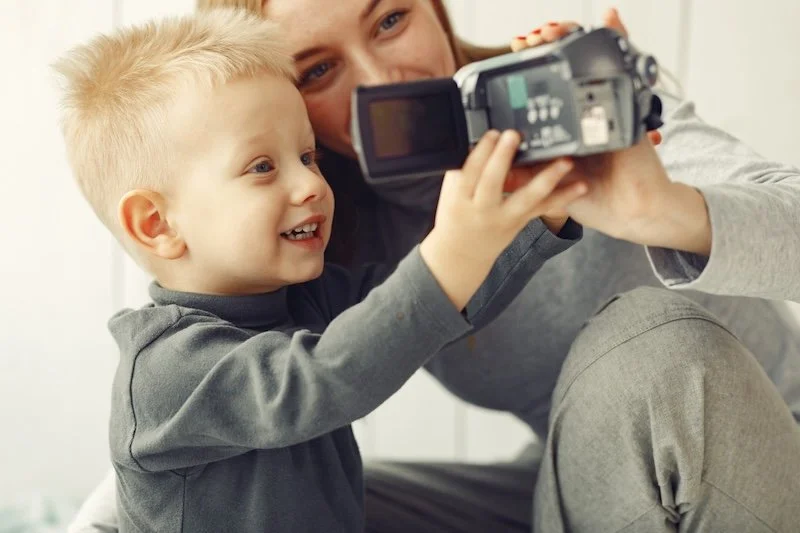

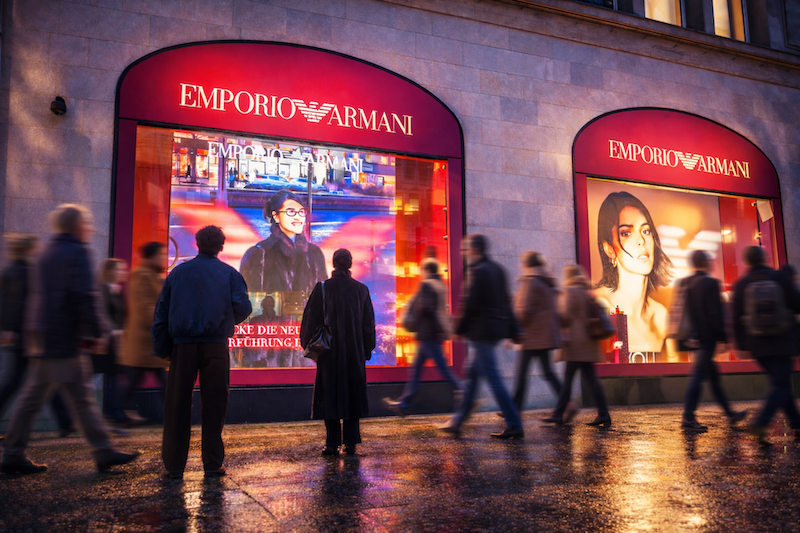


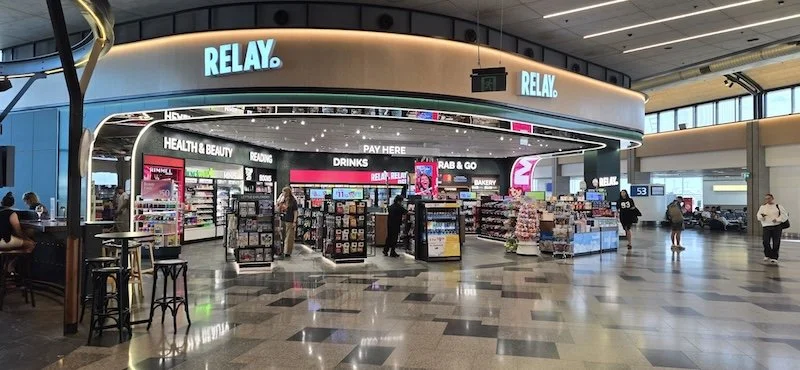
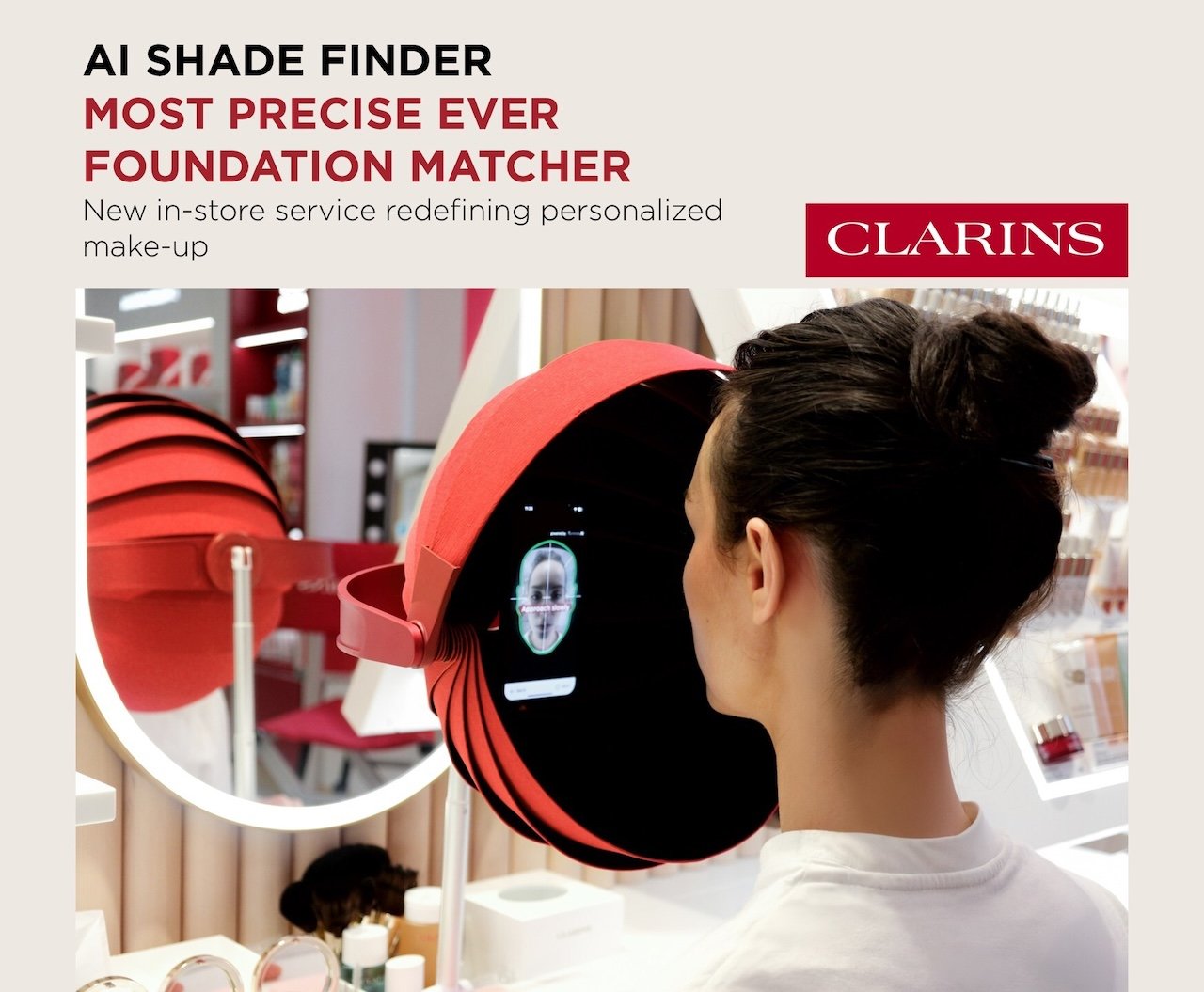
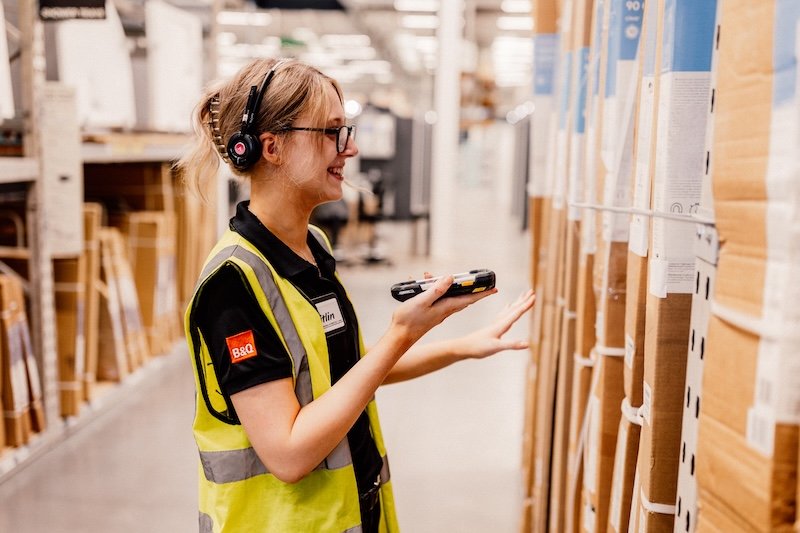
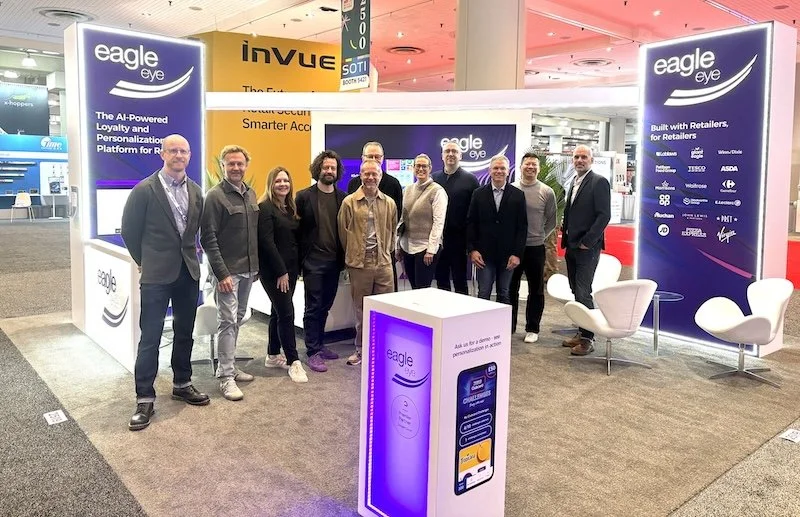
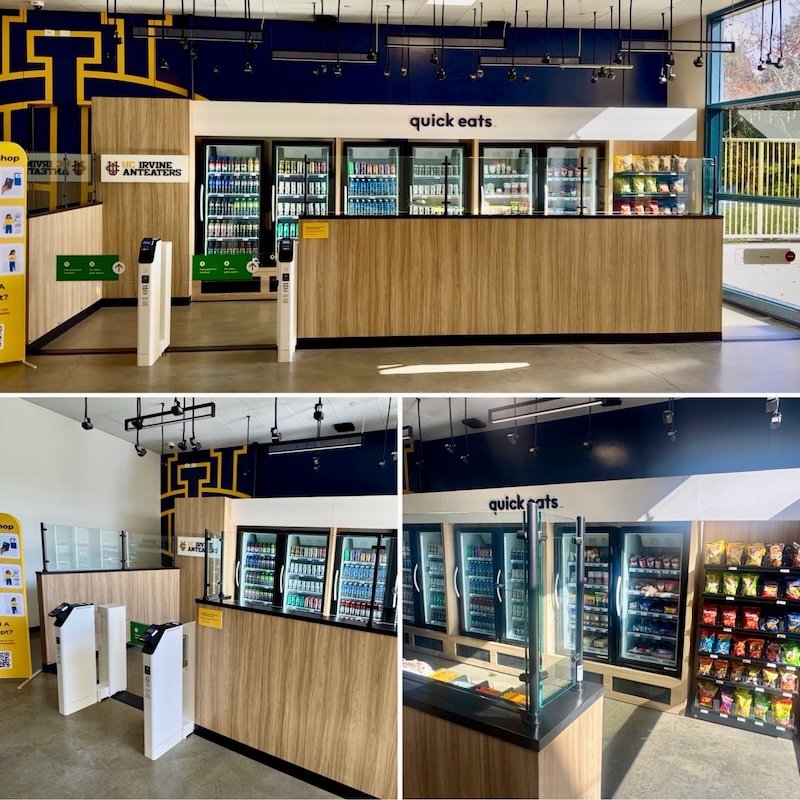
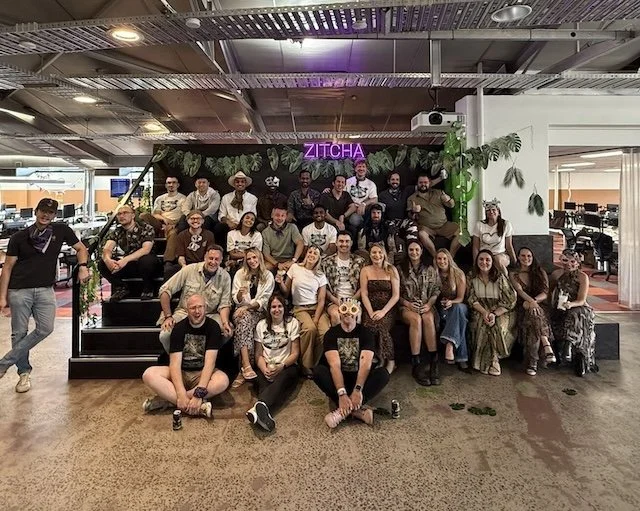


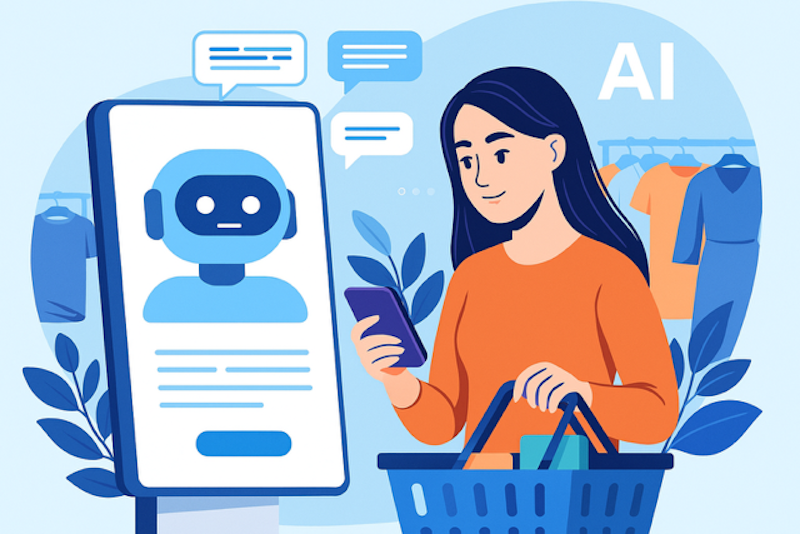

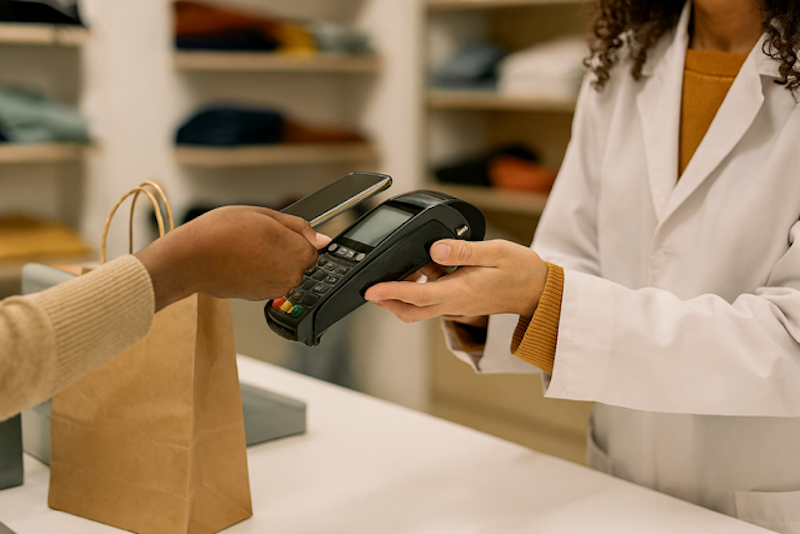
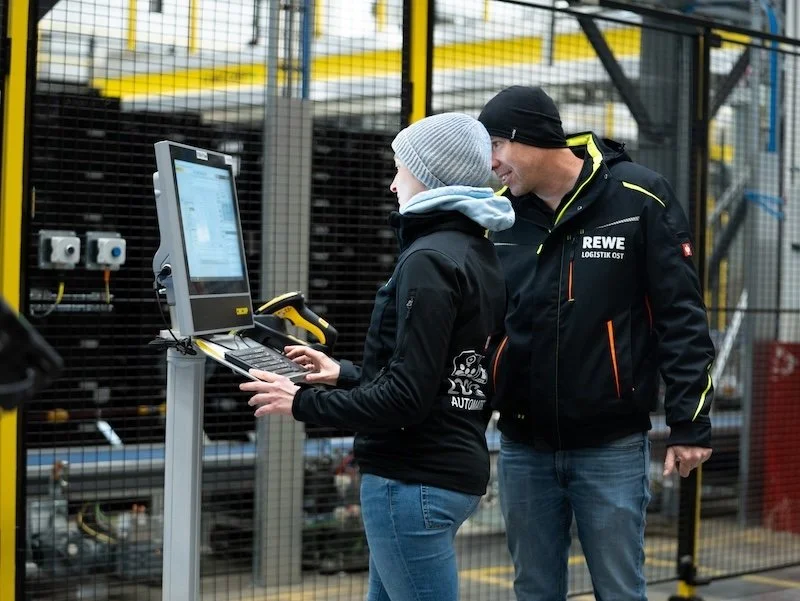
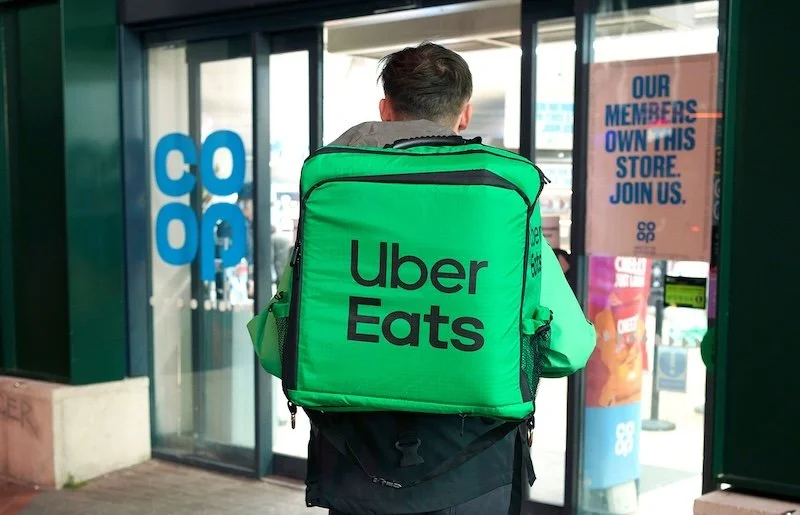


Continue reading…